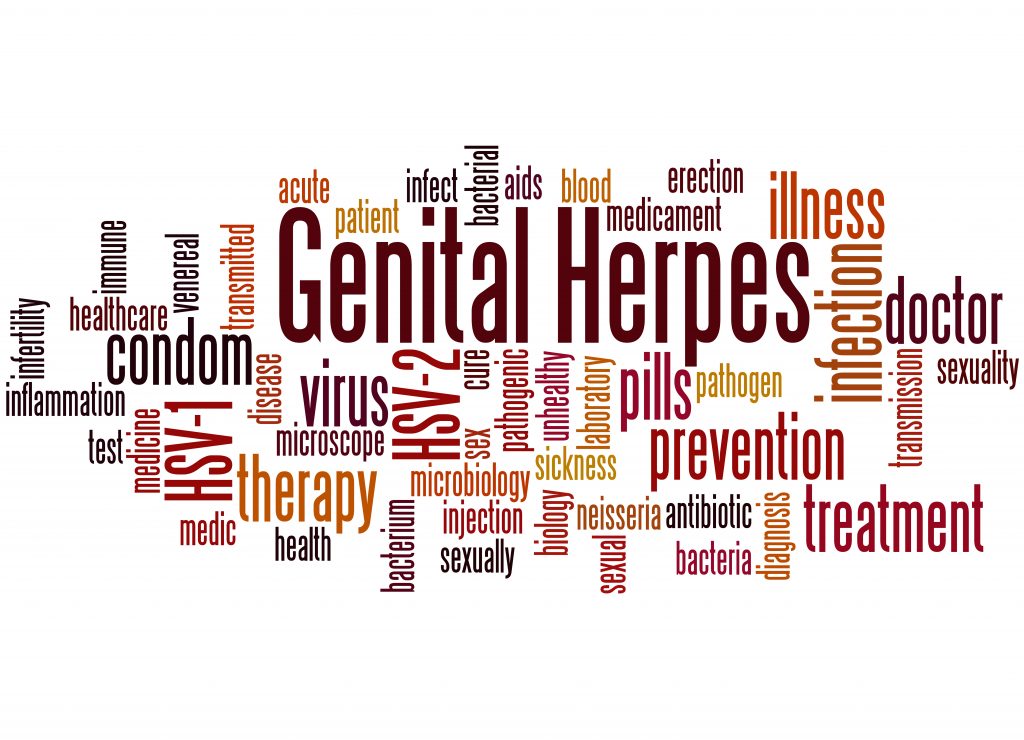Underage teen drinking is a serious public health problem. Teens drinking alcohol poses enormous health and safety risks. It is common among teens to have alcohol. However, there are immense risks and negative consequences which will be discussed below.
Dangers of underage teen drinking
Causes serious accidents or death
From motor vehicle crashes, homicides, alcohol overdose, falls, burns, drowning, and suicides.
Causes many injuries
Alcohol makes the brain fuzzy which can lead to loss of balance and thus, serious injuries.
Impairment in judgment
Drinking can lead to poor decisions about taking risks, including unsafe sexual behavior, drinking and driving, and aggressive or violent behavior.
Increases the risk of physical and sexual assault
Underage binge drinking is linked with an increased likelihood of being the victim or perpetrator of interpersonal violence.
Can lead to other problems
- Like trouble in school or with the law and associated with the use of other substances.
- Increases the risk of alcohol problems later in life.
- Drinking underage can lead to disorder in the future or short and long-term consequences.
- Interferes with brain development.
- Alcohol can alter development at an early age by affecting brain structure and function. This may cause cognitive or learning problems and increase vulnerability for alcohol use disorder.
Why do teens indulge in it?
As teens mature, it is natural to assert independence, seek new challenges and also try taking risks. Underage drinking is a risk that attracts many teens wanting to try alcohol. But they do not fully recognize its effects on health and behavior. Other reasons can include –
- Peer pressure
- Increased independence or desire
- Stress
- Seeing parents drinking at home
Consequences of underage teen drinking
Short term health risks –
- Injuries including motor vehicle crash fall, drownings, and burns
- Violence including homicide, suicide, sexual assault, and intimate partner violence
- Alcohol poisoning is a medical emergency that results from high blood alcohol levels
- Risky sexual behaviors like unprotected sex or sex with multiple partners. Such kind behaviors can lead to unintended pregnancy or sexually transmitted diseases including HIV
- Miscarriage and stillbirth or fetal alcohol spectrum disorders common in pregnant women
Long term health risks –
- High blood pressure, heart diseases, stroke, liver disease, and other digestive problems
- Cancer of the breast, mouth, throat, esophagus, liver, and intestine
- Weakening of the immune system which increases the chances of getting sick
- Learning and memory problems including dementia and poor school performance
- Mental health problems including depression and anxiety
- Low self-esteem
- Social problems including lost productivity, family problems, and unemployment
- Alcohol use disorders or alcohol dependence
How to talk to your teen about it
Talking to teens is not always easy. Choose the right time to talk about it. Talking while the teen is watching tv, texting with friends, or in the midst of a heated argument about something else isn’t going to be productive. Choose a time when the teen hasn’t been drinking and is calm and focused.
Make it a conversation rather than a lecture and allow the teen to open up by talking about thoughts and opinions. Try listening without being critical, disapproving, or judgmental. Discuss the reasons and consequences of not drinking.
How to help them to give up
- Talking about the danger of drinking
- Serving as positive role models in general
- Not making alcohol available
- Getting to know teen’s friends
- Having regular conversations about life in general
- Contacting other parents about sending clear messages about the importance of teens not drinking alcohol
- Supervising all parties by ensuring there is no alcohol
- Encouraging teens to participate in healthy and fun activities that don’t involve alcohol
Screening teens for alcohol use and alcohol use disorder is very important to avoid future problems. Screening by a doctor provides an opportunity to identify problems early and address them before escalate. It also allows teens to ask questions of a knowledgeable adult.
Some teens can experience serious problems as a result of drinking including alcohol use disorder which requires intervention by trained professionals. Professional treatment options include –
- Attending individual or group counseling sessions one or more times per week
- Receiving a prescription from a primary care doctor to help reduce alcohol cravings
- Participating in family therapy to build a supportive foundation for recovery
When to see a professional?
Teenage is a time of change and growth including behavior changes. These changes usually are a normal part of growing up but sometimes can point to alcohol or other problem. Parents, families, and teachers should pay close attention to the following warning signs which indicate underage drinking –
- Changes in mood including anger and irritability
- Academic and behavioral problems in school
- Rebelliousness
- Changing groups of friends
- Low energy level
- Less interest in activities and care in appearance
- Finding alcohol among teen’s things
- Smelling alcohol in teen’ breath
- Problems concentrating and remembering
- Slurred speed
- Coordination problems
Conclusion
Indulging in underage teen drinking leads to more problems that the teen will likely experience later in life. Thus, it’s never too early to start the conversation. Talk to the teen early and guide them properly about the future for the prevention of substance abuse.
References –
- underage drinking | national institute on alcohol abuse and alcoholism (niaaa) (nih.gov)
- drinking too much alcohol can harm your health. Learn the facts | cdc













